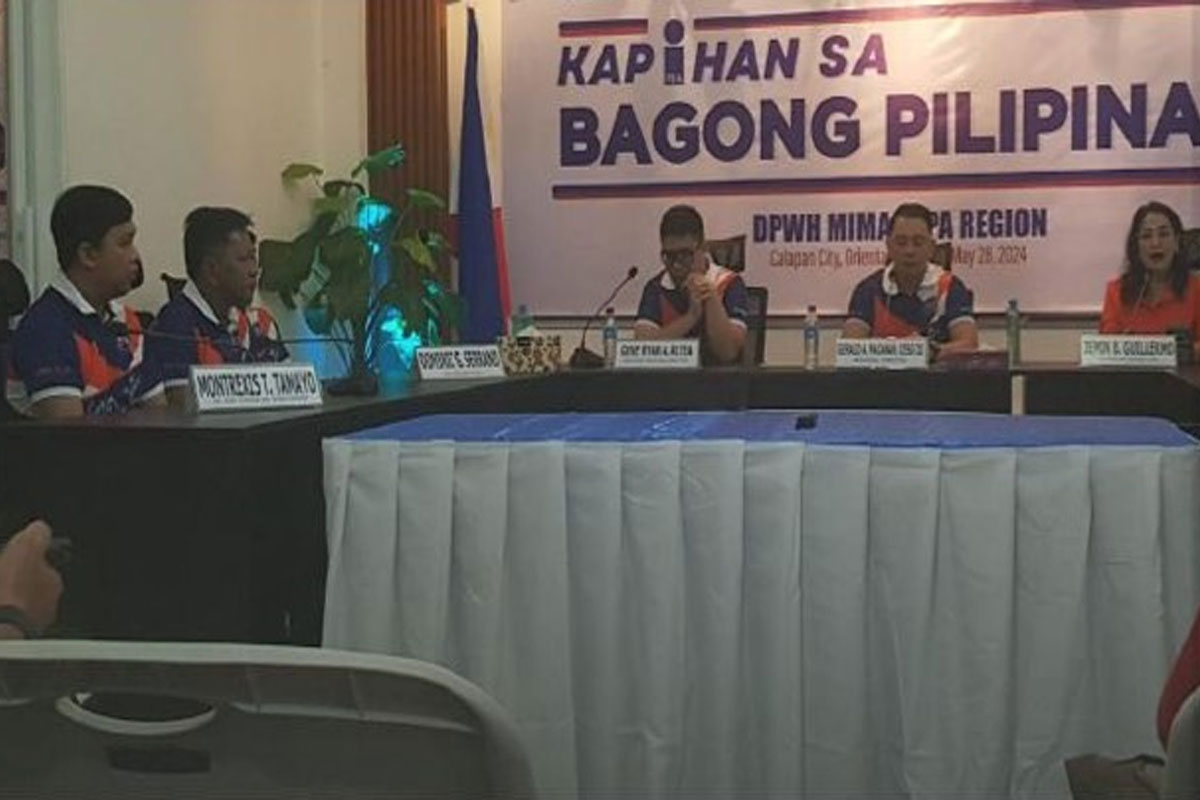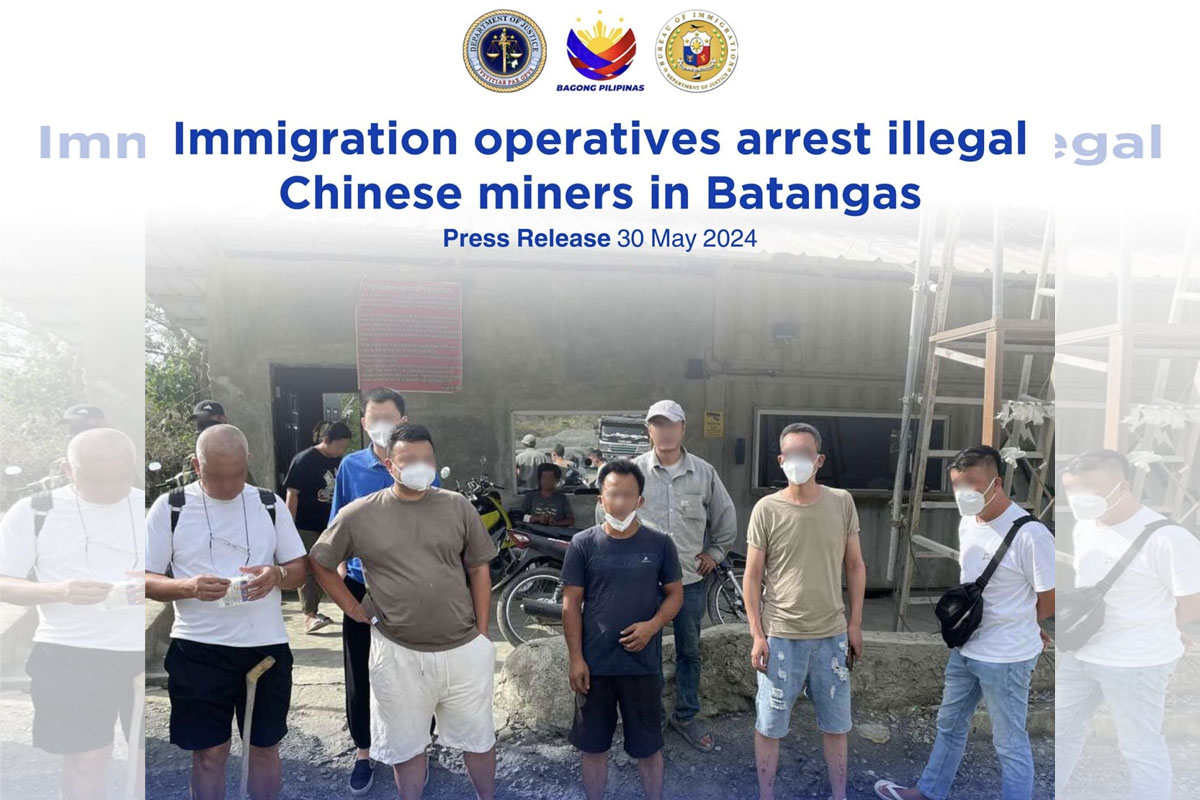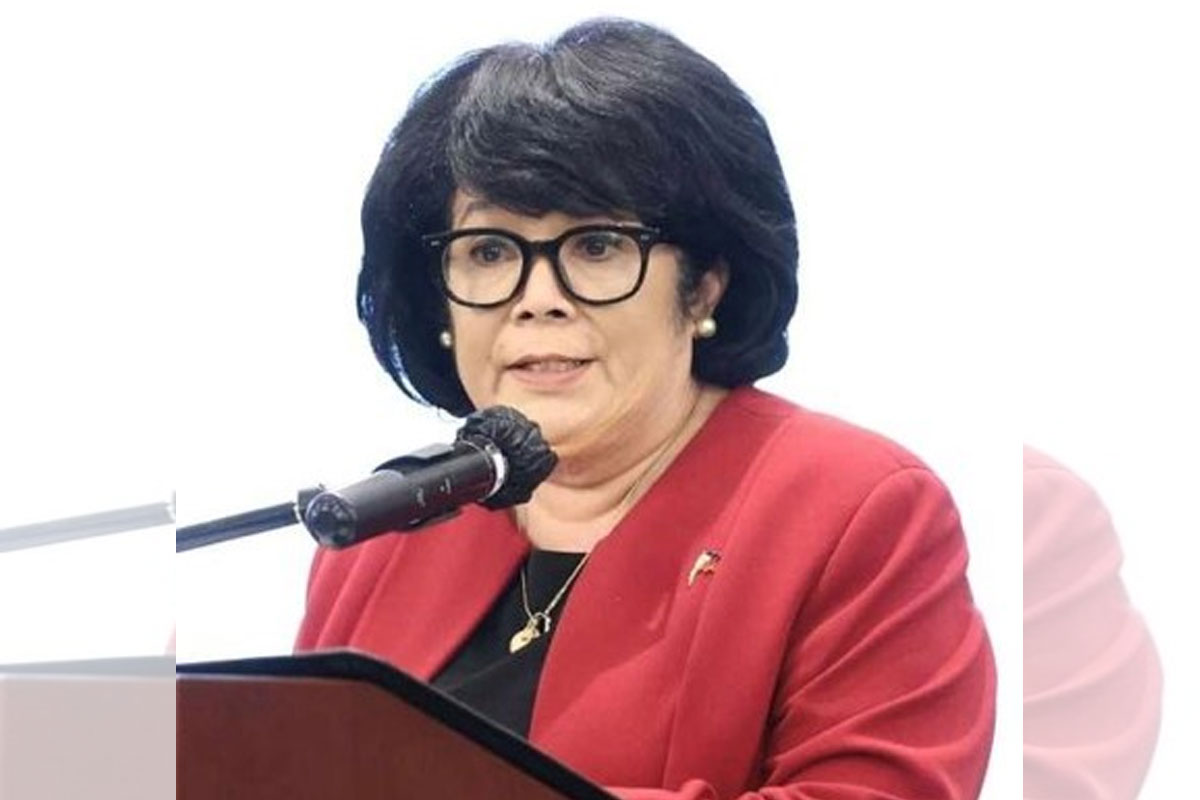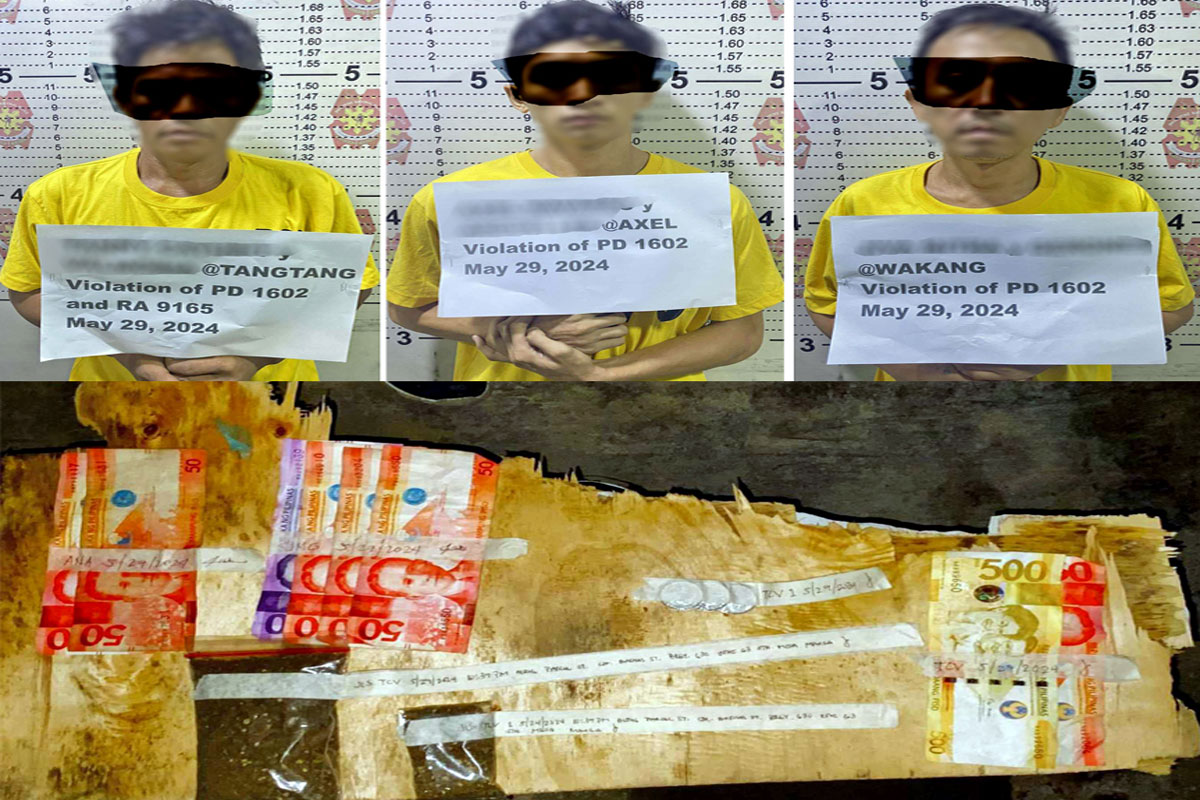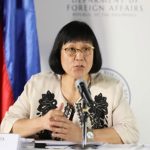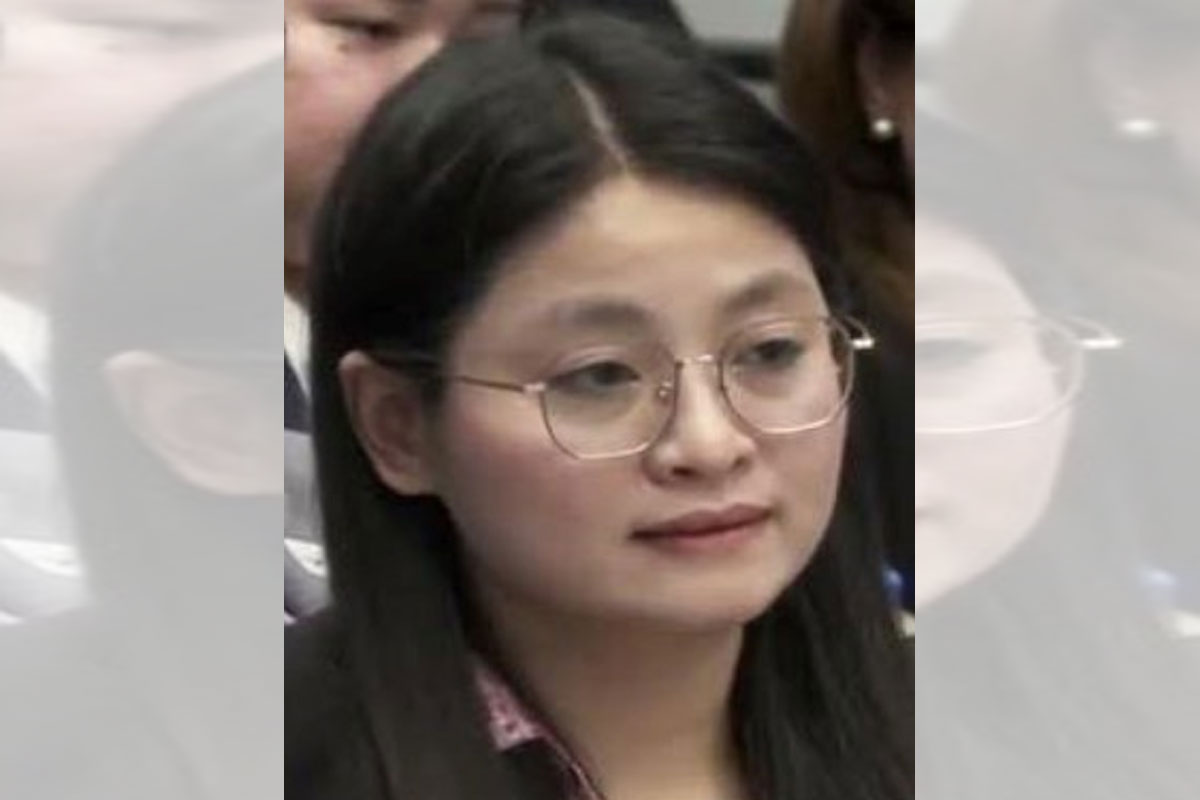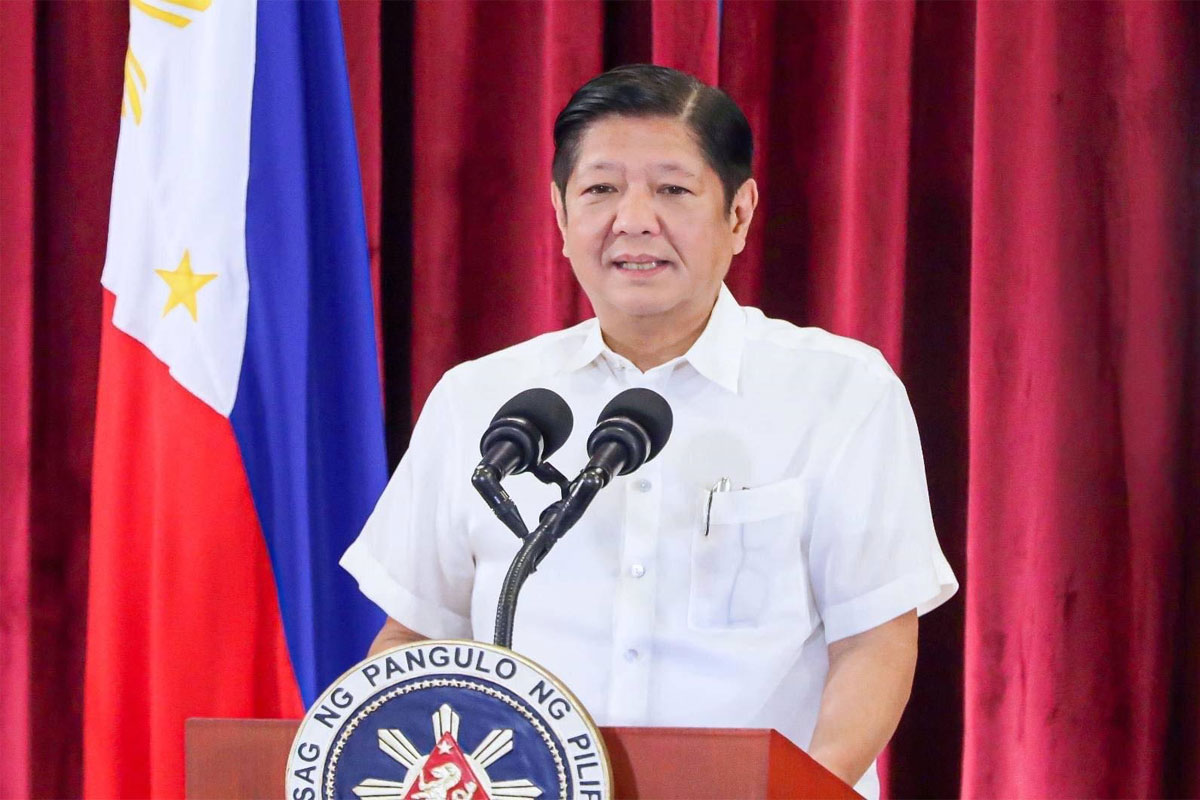
CREM online platform unveiled
To promote fair competition in energy sector, lower power costs
THE United States Agency for International Development (USAID), the Energy Regulatory Commission (ERC), and the Department of Energy (DOE) have launched in Taguig City a web-based monitoring platform for the Competitive Retail Electricity Market (CREM) to promote free and fair competition within the energy sector and potentially cut down electricity costs.
USAID’s technical and development support for the CREM online platform is part of its five-year, P1.6 billion (US$34 million) Energy Secure Philippines project that began in 2020.
Through the CREM system, consumers with an average monthly energy consumption of at least 500 kilowatts (kW) are qualified as “contestable customers” who have the option to select their preferred retail electricity supplier (RES).
To date, there are 47 licensed RES under the ERC. Prior to open access to energy, consumers were solely reliant on energy supplied by their distribution utilities.
The CREM online platform functions as a digital electricity marketplace for contestable customers, allowing them to track and compare the performance of various RES, switch between suppliers as they desire, and find the best deal based on their energy needs.
It is expected to become available to the public through the ERC website (https://www.erc.gov.ph/) by the third quarter of this year.
“Since 2001, USAID has supported the Philippine government in restructuring its electric power industry. Today, reforms have shifted to the development of electricity marketplaces. Consumers can eventually decide on the best source for their energy needs,” said USAID Mission Director Ryan Washburn.
“This innovation aims to level the playing field for all energy suppliers and make electricity more affordable in the future,” Washburn added.
“The retail electricity suppliers scorecard survey which is embedded in the CREM platform, is one of the elements of what we call energy democracy as it empowers consumers to provide feedback, rate their suppliers, and – in a way –have their votes count,” ERC Chairperson Monalisa Dimalanta said.
With a more transparent and competitive electricity market, Filipino consumers can now have greater access to electricity suppliers that offer fair prices, better services, and other long-term advantages.


